My research aims to develop and unify techniques from both nonlinear control theory and machine learning
to systematically achieve dynamic yet comfortable robotic-assisted locomotion. This includes developing efficient methods of user customization via human-robot interaction as well as studying the efficacy of assisted locomotion in clinical settings. For more information on my research, please visit our lab webpage. You can also find a full list of my publications on google scholar or a interactive publication list through our lab's website.
to systematically achieve dynamic yet comfortable robotic-assisted locomotion. This includes developing efficient methods of user customization via human-robot interaction as well as studying the efficacy of assisted locomotion in clinical settings. For more information on my research, please visit our lab webpage. You can also find a full list of my publications on google scholar or a interactive publication list through our lab's website.

